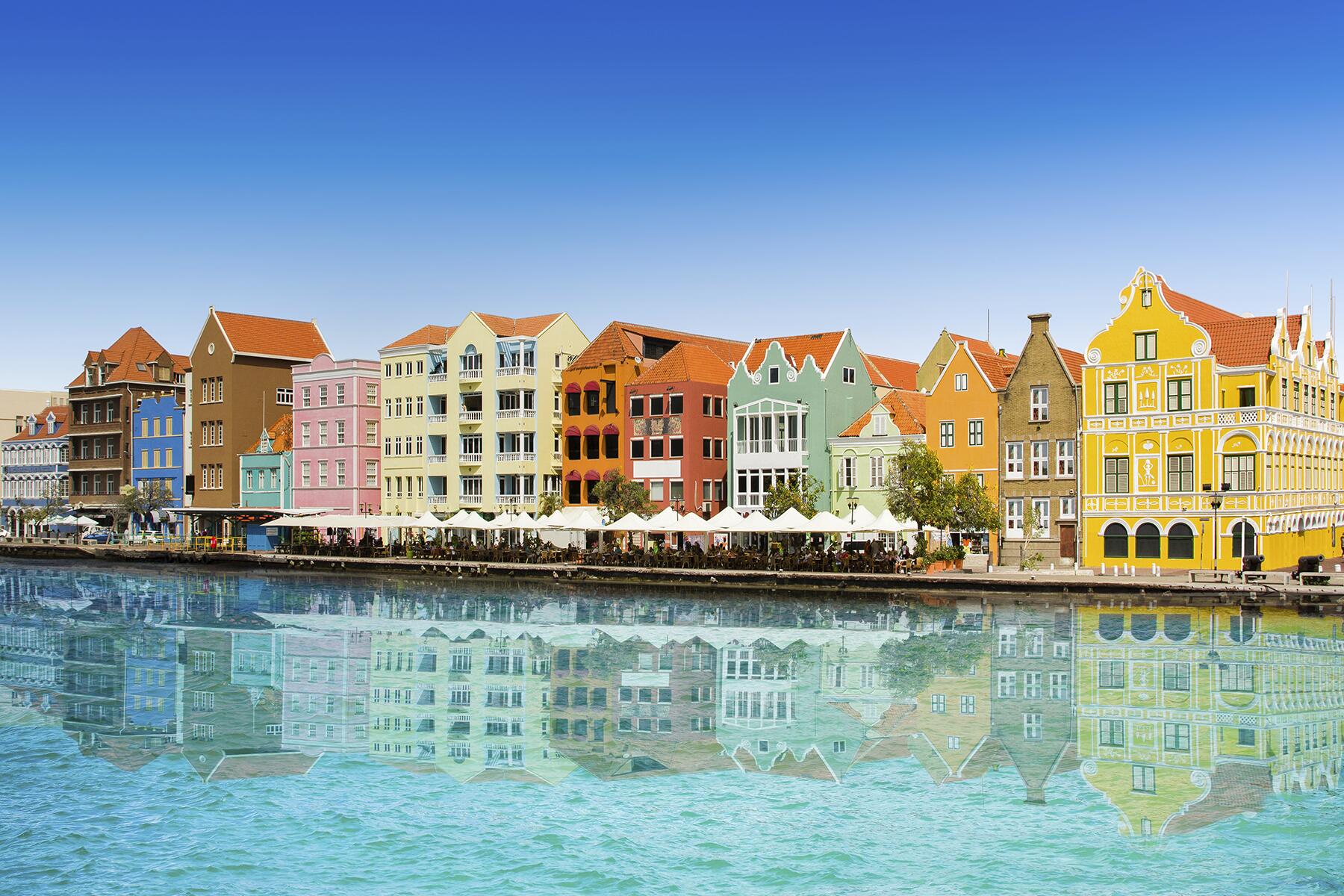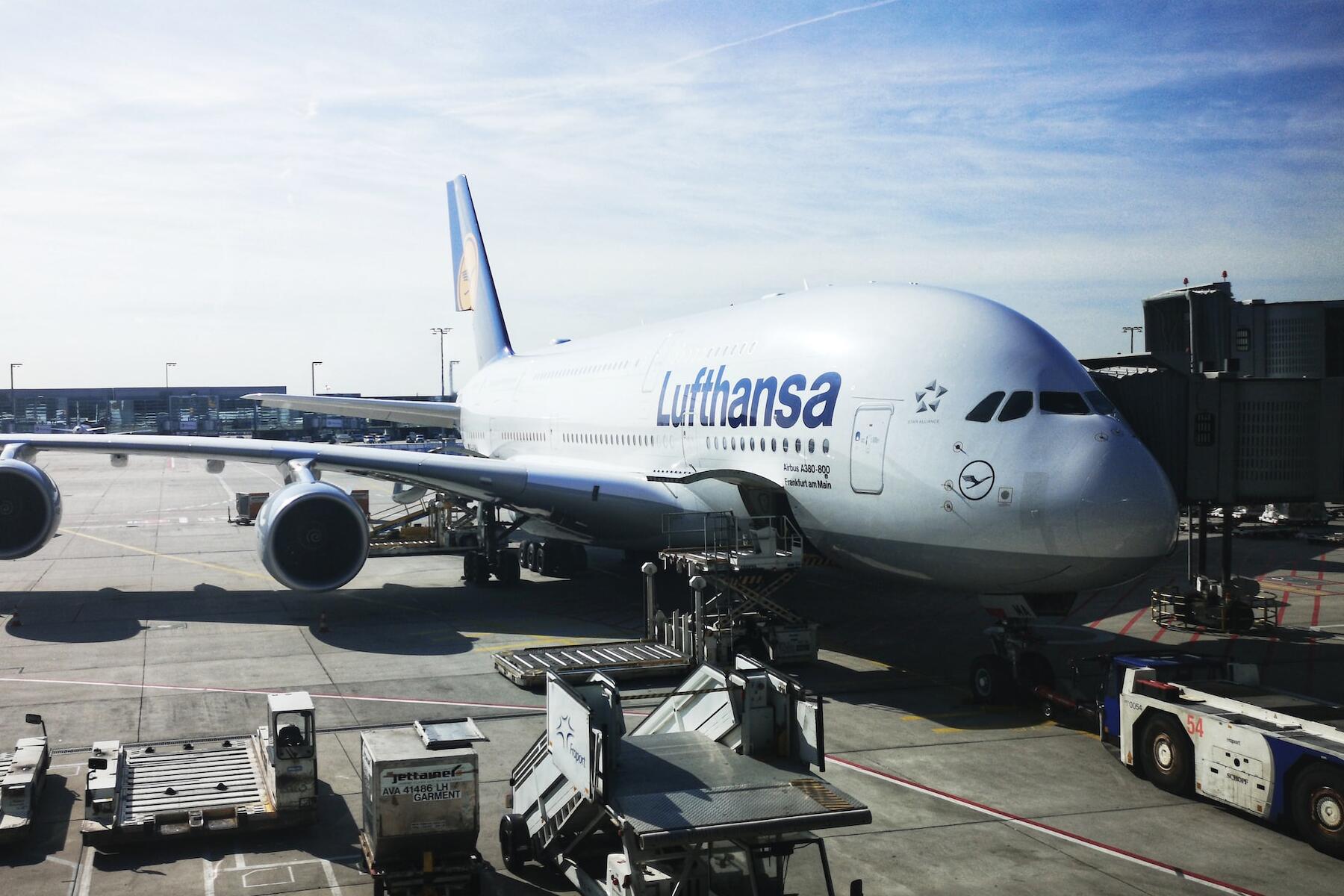Further consolidation in the E.U.’s airlines could raise fares and limit consumer choice.
European regulators have expressed concerns about plans by Germany’s Lufthansa Group to buy a controlling stake in Italy’s ITA Airways, saying that further consolidation in the E.U.’s airlines could raise fares and limit consumer choice, particularly on connecting routes out of Italy to North America and Asia.
Lufthansa planned to buy a 41% stake in ITA Airways. Regulators have given Lufthansa and the Italian government—the two parties involved in the proposed sale—until April 26 to propose resolutions to the European Commission’s (E.C.) concerns. The E.C. will have until June 6 to render a final decision on whether the sale can proceed.
Similar to airline mergers in the United States, regulators in Europe often allow them to proceed once the parties have addressed certain anticompetitive concerns. Unlike the judge’s ruling earlier this year that effectively blocked an acquisition of Spirit Airlines by JetBlue Airways, the E.C.’s concerns about the Lufthansa sale primarily focus on three specific geographic areas where competition would be reduced, giving specific opportunities for Lufthansa and the Italian treasury to offer concessions, such as the sale of airport slots, or agreements on route restrictions.
Recommended Fodor’s Video
The E.C.’s concerns are reduction in competition between Italy and Central Europe in the short-haul arena, to the U.S., Canada, and Japan in the longhaul arena, and the combined carrier’s overall dominant position at Milan’s Linate Airport. The E.C. asserts its aim is “to ensure that the transaction would not lead to adverse effects for customers–consumers and businesses alike–in terms of increased prices or decreased quality of services.”
Lufthansa Group is the second largest airline in Europe in terms of passengers carried and includes German flag carrier Lufthansa and its subsidiary brands, plus national carriers Austrian Airlines, Brussels Airlines, Swiss International Airlines and leisure operators Edelweiss Air, and SunExpress. Italy’s ITA Airways is one of the few independent carriers remaining in Europe, alongside LOT (Poland), TAP (Portugal) and SAS (Scandinavia), although TAP has been the frequent object of acquisition ambitions by larger airlines, and SAS is set to sell a large stake to AirFrance-KLM if regulators approve.
Lufthansa Group already has a significant presence in northern Italy via its hubs in Brussels, Frankfurt, Munich, Zurich, and Vienna.
What Does This Mean for Consumers?
Like in the United States, fewer airlines have meant less competition and fewer choices for consumers, although struggling airlines typically frame mergers as their only option for survival—ITA’s chair did exactly that on Wednesday. ITA’s predecessor, Italian flag carrier Alitalia, was founded in 1946 and has been perennially unprofitable.
The airline’s parent companies closed in bankruptcy and resold he assets to newly-created corporate parents in 2009, 2015, and 2021, when the sale resulted in the current brand ITA Airways.
Although Alitalia was originally government-owned, the Italian government said it had ruled out repurchasing the airline from its private owners in 2017 before ultimately doing so in 2020.
A change in ownership would also likely mean a change in airline alliance, and more stability for loyalty passengers traveling with ITA Airways. The airline has nominally been a member of SkyTeam since it began operating in 2021, but Delta SkyMiles members couldn’t earn miles for ITA flights until January 2024. Members of Air France-KLM’s combined loyalty program FlyingBlue still only earn miles on ITA Airways flights when they have Air France or KLM flight numbers, or have ITA Airways flight numbers but are operated by Air France or KLM.
As a Lufthansa Group airline, ITA Airways would likely become a full participant in Lufthansa’s Miles & More program, and join Star Alliance as a full member.
There are few remaining independent full-service airlines in Europe; each of the largest airlines operates as part of an anti-trust immunized joint venture with a North American airline partner. This means they operate as a single airline without having to worry about anti-trust concerns—they’re fully allowed to coordinate routes and schedules, and pool revenues without regard to which airline actually operates the aircraft—activities normally prohibited between competing airlines.
Lufthansa Group carriers are aligned with United Airlines and Air Canada. International Airlines Group (British Airways, Aer Lingus, Iberia) and Finnair are tied up with American Airlines, and Air France-KLM are cooperating with Virgin Atlantic and Delta Air Lines.




